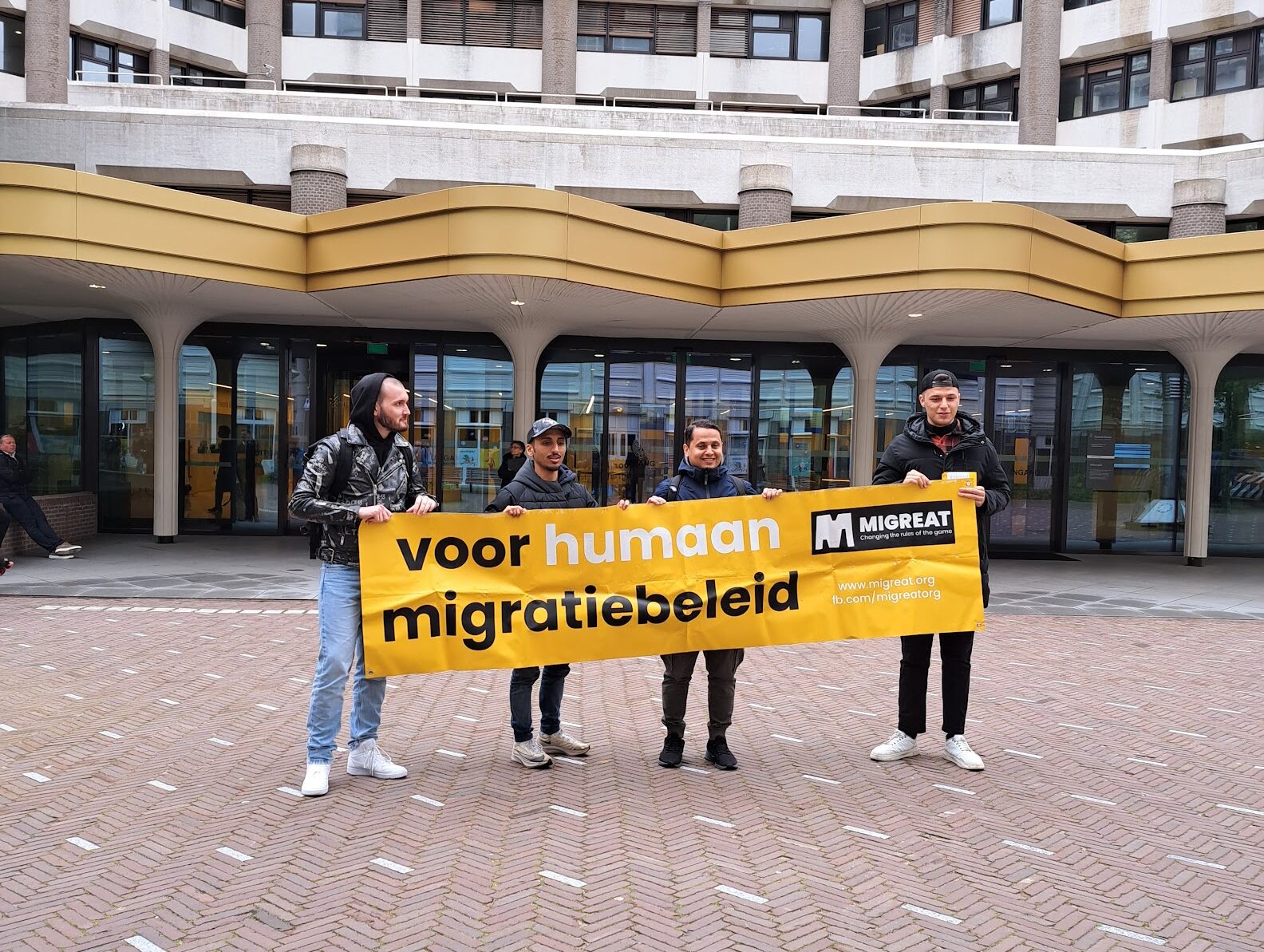EU migration deal is “very important step”, says Dutch minister

European immigration ministers have reached an agreement in Luxemburg on how to deal with asylum seekers arriving at the bloc’s borders, in a move described by Dutch minister Erik van der Burg as “a very important step”.
In total, it took ministers more than 12 hours to reach agreement on the issue, which has divided the EU since 2015 when hundreds of thousands of Syrian refugees arrived in the 28-nation community.
“Migration is a common European challenge and responsibility. Our agreement today is a big leap forward to a fair and sustainable European migration and asylum policy,’ said Maria Malmer Stenergard, Swedish minister for migration, who hosted the gathering.
One proposal focuses on asylum seekers arriving at the borders without identity papers and on those who are considered to be unlikely to qualify for refugee status, such as nationals from safe countries such as Morocco and Algeria.
In particular, Germany had problems with the plan, which could lead to families with children being held at border camps if they are unlikely to be granted asylum. But Germany too went along with the proposal after commitments were made to ensure children arriving without parents or guardians were not locked up.
The second proposal focuses on spreading asylum seekers throughout Europe to ensure that border countries such as Italy and Greece are not overloaded. EU ministers have now agreed that if countries are unwilling to accept their fair share, they must pay €20,000 per refugee to the countries taking care of most of them. The Dutch quota is for 4.95%.
The final agreement centres on where asylum seekers whose applications have been refused should be sent back too. Italy, backed by the Netherlands, wanted to widen the current regulations so that migrants can be returned to another country, such as the place where they boarded a boat, rather than their home country.
The plans still have to be debated by the European parliament before they become law and this is unlikely to happen before 2024.
Nevertheless, “this is an important agreement for the Netherlands,” said NOS correspondent Kysia Hekster. “The cabinet has said continuously that the influx of refugees needs to be tackled via a European solution.”
Dutch immigration minister Erik van der Burg said the agreement is an important step forward and will lead to better procedures for the registration of refugees and detention of those who have little chance of asylum. It will also, he said, reduce the flow of asylum seekers to the Netherlands, forecast to top 70,000 this year.
Coalition party D66 said the deal is “extremely good news” while ChristenUnie, which has sided with D66 in calling for a more moderate line, said the decisions are a “crucial step.”
Dutch prime minister Mark Rutte is heading for Tunisia on Sunday to take part in talks between president Kais Saied, European Commission chairwoman Ursula von der Leyen and Italian premier Giorgia Meloni.
The meeting is officially about a “broad partnership” between the EU and Tunisia in terms of the economy, energy and migration, the prime minister’s office said.
The prime minister is known to be pinning his hopes on the European Union concluding a deal with Tunisia to cut the number of refugees crossing the Mediterranean by boat by allowing their claims to be processed in the north African country.
Thank you for donating to DutchNews.nl.
We could not provide the Dutch News service, and keep it free of charge, without the generous support of our readers. Your donations allow us to report on issues you tell us matter, and provide you with a summary of the most important Dutch news each day.
Make a donation